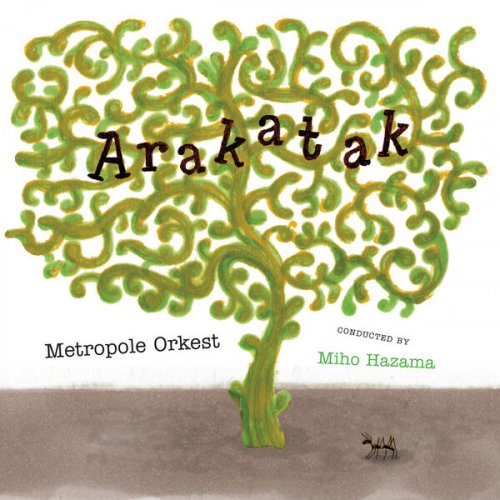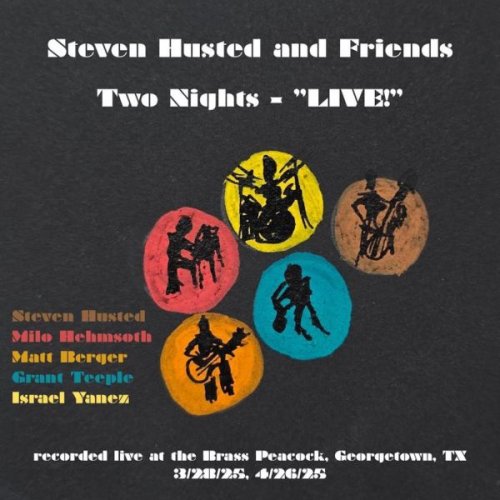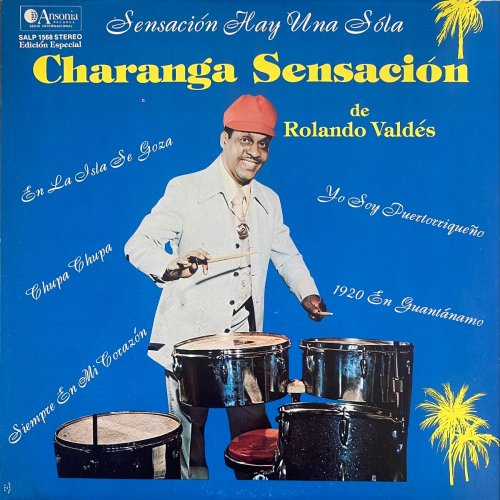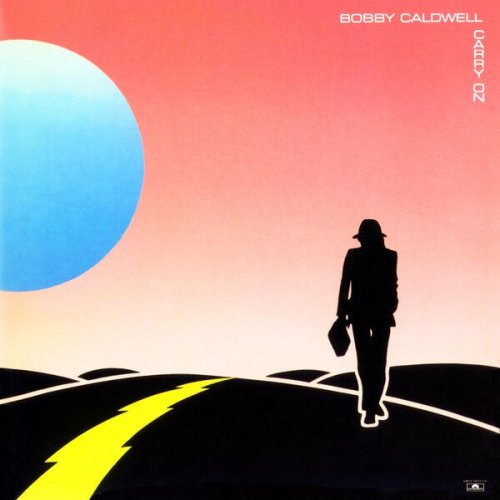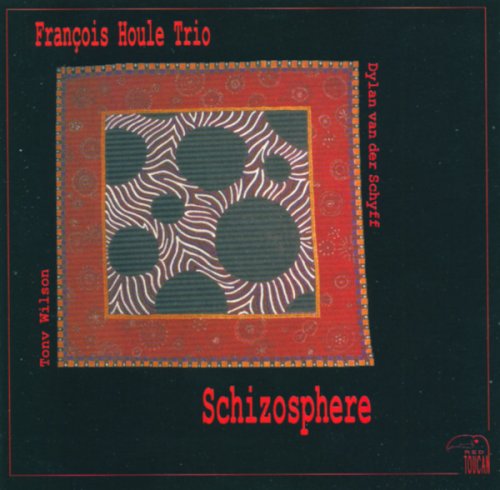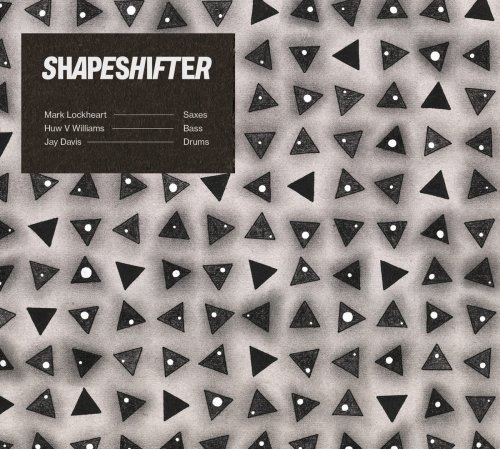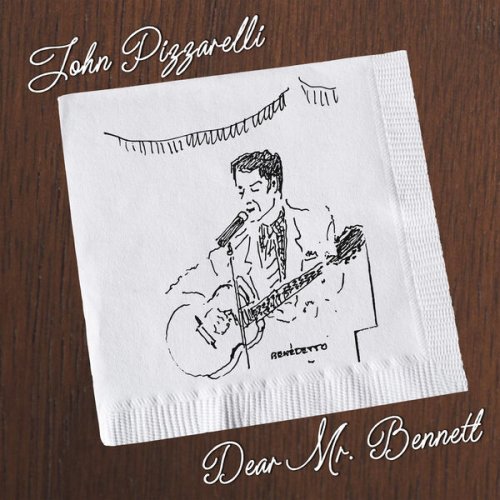Mary Halvorson - Meltframe (2015)

Artist: Mary Halvorson
Title Of Album: Meltframe
Year Of Release: 2015
Label: Firehouse 12 Records
Genre: Jazz, Experimental
Quality: FLAC
Total Time: 43:22 min
Total Size: 190 MB
Tracklist:
01. Cascades 04:07
02. Blood 04:05
03. Cheshire Hotel 02:59
04. Sadness 03:42
05. Solitude 05:49
06. Ida Lupino 04:20
07. Aisha 05:21
08. Platform 05:22
09. When 04:00
10. Leola 03:37
It should come as no shock that Mary Halvorson's first solo guitar album is a mind-bender. In the past, regardless of where she's gone and who she's gone with, Halvorson has managed to surprise by liberally mixing uncommonly aggressive assaults, open-ended exploration(s), and, on occasion, calm(ing) cogitation. Here, standing all by her lonesome, all three of those aspects are in play.
What's most shocking about this one is the material that Halvorson uses and the way she positions herself as an antagonist and semi-loyalist while interpreting these pieces. It's hard not to be impressed with the way she speaks to the mindset of Oliver Nelson's "Cascades" while jolting the listener with her Tom Morello-esque rawness. Later, she further connects and confounds, stripping Duke Ellington's "Solitude" bare while touching perfectly on the topic at hand and beautifully shaping Carla Bley's "Ida Lupino," a piano-centric composition that seems perfectly suited for guitar when Halvorson gets done with it.
There are balms and bombs to be found in this music, trap doors and doors of perception to travel through, and flirtations with conventional ideas and the great unknown. Ornette Coleman's "Sadness" becomes a masterclass in bent pitch gesticulation, somewhat warped yet solidly shaped; Tomas Fujiwara's "When" is a grungy rocker turned curious traveler; Roscoe Mitchell's "Leola" is pure cosmic energy; and Annette Peacock's "Blood" is a beautifully-executed masterwork, pure and not-so-simple.
Some musicians paint worlds when they perform, but Halvorson paints entire solar systems with her guitar. There is nobody capable of doing what she does here: Mary Halvorson gently coaxes out melodies and delivers distorted truths that ring on long after this album concludes.
What's most shocking about this one is the material that Halvorson uses and the way she positions herself as an antagonist and semi-loyalist while interpreting these pieces. It's hard not to be impressed with the way she speaks to the mindset of Oliver Nelson's "Cascades" while jolting the listener with her Tom Morello-esque rawness. Later, she further connects and confounds, stripping Duke Ellington's "Solitude" bare while touching perfectly on the topic at hand and beautifully shaping Carla Bley's "Ida Lupino," a piano-centric composition that seems perfectly suited for guitar when Halvorson gets done with it.
There are balms and bombs to be found in this music, trap doors and doors of perception to travel through, and flirtations with conventional ideas and the great unknown. Ornette Coleman's "Sadness" becomes a masterclass in bent pitch gesticulation, somewhat warped yet solidly shaped; Tomas Fujiwara's "When" is a grungy rocker turned curious traveler; Roscoe Mitchell's "Leola" is pure cosmic energy; and Annette Peacock's "Blood" is a beautifully-executed masterwork, pure and not-so-simple.
Some musicians paint worlds when they perform, but Halvorson paints entire solar systems with her guitar. There is nobody capable of doing what she does here: Mary Halvorson gently coaxes out melodies and delivers distorted truths that ring on long after this album concludes.
